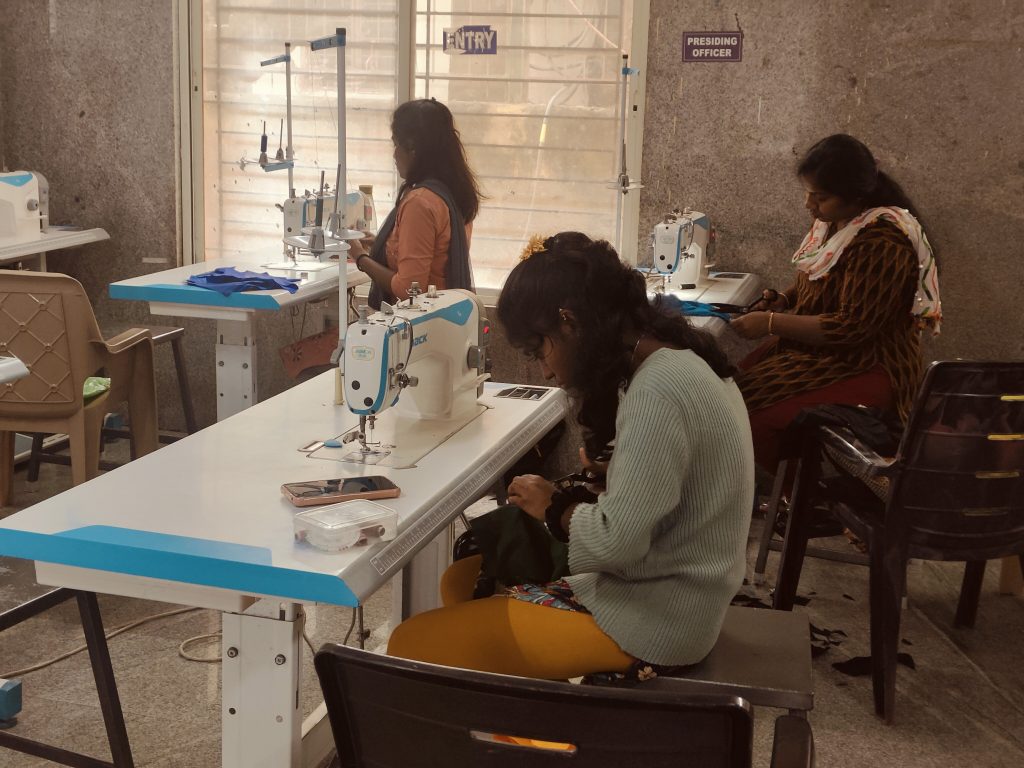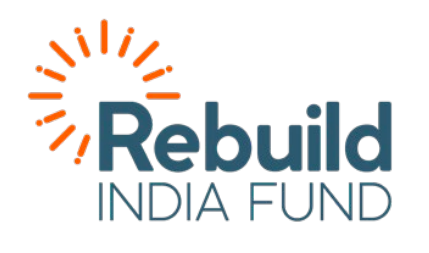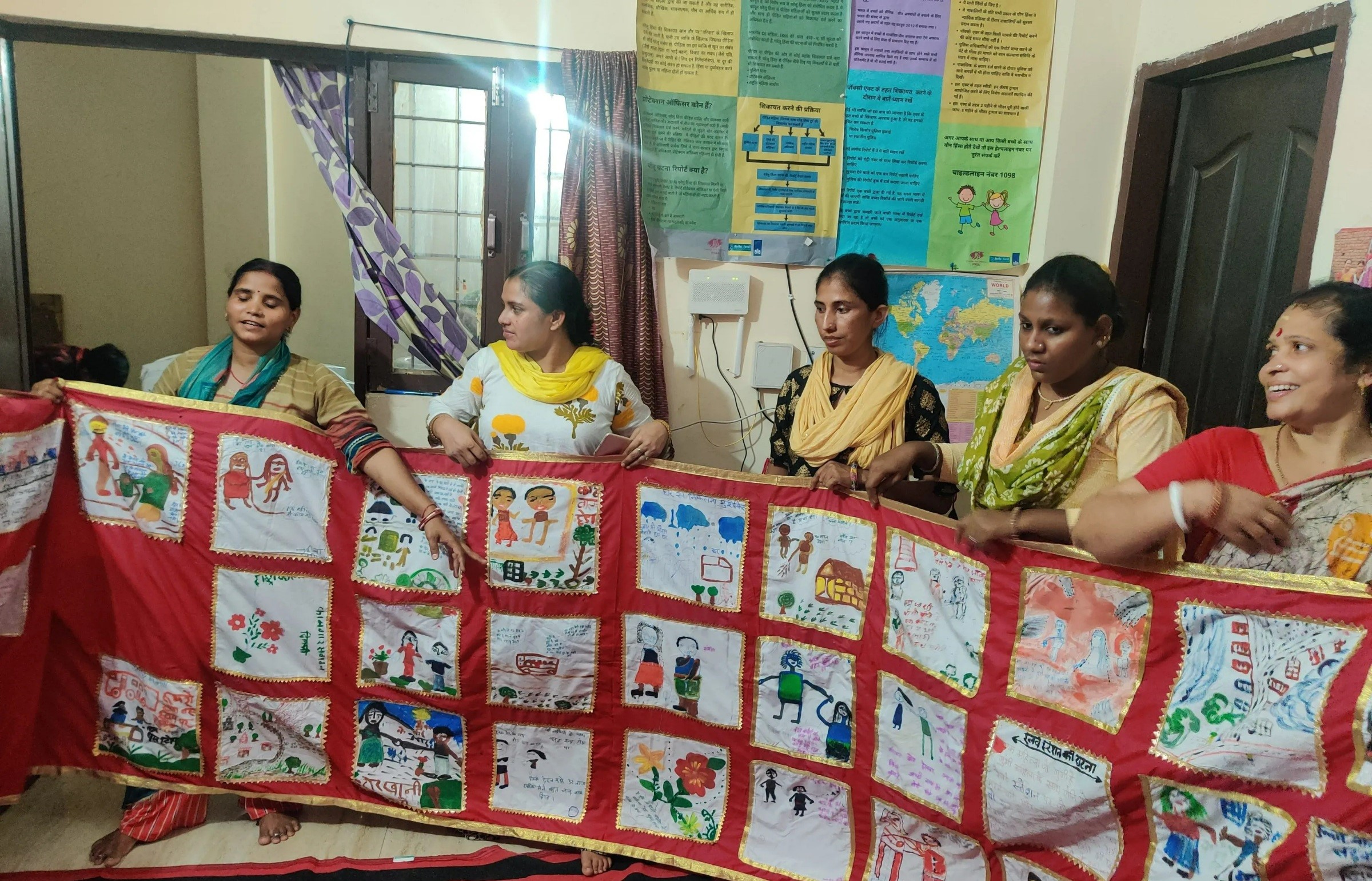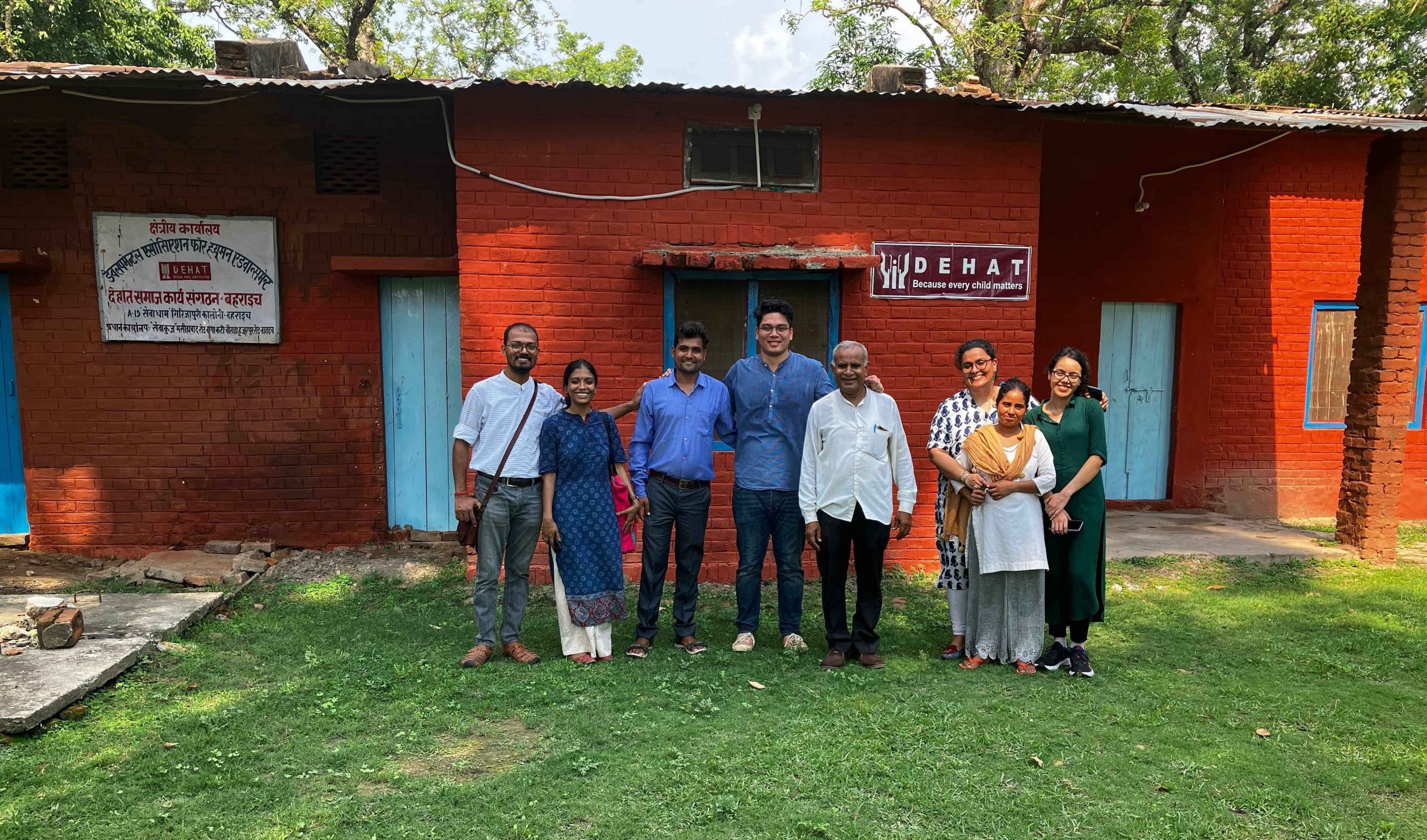Cities like Bangalore are reminiscent of a hackneyed Dickensian condition: the best of places, the worst of places, bringing hope, bringing despair, capable of liberating, capable of overwhelming, offering solace, offering turbulence, a heaven, a hell, where one can gain everything and one can be left with nothing.
–(Neethi, P., & Kamath, A. (2022). Urban Undesirables: City Transition and Street-based Sex Work in Bangalore. Cambridge University Press.)
Bangalore, famously called the Silicon Valley of India, has witnessed an unprecedented transformation in the past few decades. The rise of the Information Technology (IT) industry has turned the city into a global hub for tech innovation, attracting many multinational corporations, start-ups and a highly skilled workforce. This IT boom has fueled rapid urbanization, economic growth, and infrastructural development, with 11 million citizens calling Bangalore their home. With a projected Gross Domestic Product (GDP) of 8.5%, Bangalore is believed to be the world’s fastest-growing city for the next 15 years. However, this rapid growth has led to deep-seated urban challenges.
While Bangalore continues to grow as a leading tech hub, its rapid expansion has brought infrastructure challenges. Public transportation is evolving, and while metro expansion projects are in progress, they are yet to meet the needs of the expanding population fully. Amidst Bangalore’s economic growth, urban hardships persist, with nearly 20% of residents living in informal settlements. Rapid urbanization has fuelled migration and displacement, driving demand for affordable housing. Many low-income workers, unable to secure formal housing, settle in informal areas, while urban redevelopment and rising land values lead to evictions.
The contrast between modern business districts and underserved neighbourhoods underscores the need for inclusive urban planning that balances growth with social equity. Around one million people reside in slums, and a third earn less than Rs. 2,500 per month, raising the question: what happens to the poor in a booming city?

Rajendran Prabhakar, a development practitioner, grew up in the slums of Koramangala, Bangalore, where he witnessed the challenges of urban poverty first-hand. Flooding, inadequate education, poor hygiene, lack of social entitlements, and displacement due to rapid infrastructure growth shaped his early experiences. One of the most pressing issues he observed was the forced relocation of slum dwellers, sometimes as far as 40 kilometres away, uprooting families and forcing them to rebuild their lives from scratch. Determined to address these systemic challenges, Rajendran founded Maarga in August 2000, a community-led organization that supports individuals and families affected by forced migration.

Present Work:
Maarga works to promote equitable resource distribution and human dignity, with a strong focus on children and women. Their initiatives include education, adolescent girls’ empowerment, skill development, and sports, aiming to build leadership among youth and women. By building networks with institutions and individuals across 13 slums of Koramangala and Jayanagar, Maarga aims to create sustainable ecosystems that provide quality learning spaces and productive livelihoods for marginalized communities. Their philosophy emphasizes structured interactions between different social classes to encourage mutual learning. Maarga acts as a crucial bridge connecting residents with government institutions, with the aim of working towards a more socially just and inclusive society.

Strengthening Foundational Learning: The Maarga Education Programme (MEP):
Believing that “quality education is key to self-confidence,” the organization launched the Maarga Education Programme (MEP) to support first-generation learners. It recognizes that access to quality education is often denied, particularly in early education. To address this, Maarga works with children from grades 1 to 5 through evening centres that focus on activity-based learning.
In addition to academic support, Maarga emphasizes sports for development, particularly football for girls, and provides life skills training for children who have dropped out of school. Unlike the rote-learning methods commonly found in mainstream education, Maarga employs innovative teaching strategies that incorporate play and fun, aiming to fill the gaps in traditional teaching and learning. Children attend the centres for 2 hours a day, 6 days a week, after their regular school hours. The mentors who facilitate these engaging play-and-learn activities are carefully selected from the community and receive specialized training. This activity-centred approach offers an immersive learning experience for the children.
Enabling Access to Rights : The Jan Adhikara Programme:
Maarga’s vision extends beyond education; it encompasses efforts to improve the overall quality of life in slums. With the support of the Azim Premji Foundation, Maarga launched the ‘Jan Adhikara Programme’, which aims to assist individuals living in slums in obtaining their social entitlements. This includes ensuring access to land, education, pension cards, labour cards, and income and caste certificates. By doing so, Maarga eliminates the need for middlemen who often charge between 2,000 to 8,000 rupees per person. Instead, Maarga facilitates this process for just 40 rupees.
Driving Community-Led Accountability:
Through the Jan Sampark Programme, Maarga organizes police and food adalats, providing women with a platform to voice their concerns directly to authorities. Police adalats enable women to report harassment and legal grievances, fostering trust and accountability, while food adalats address issues in ration distribution and food security. These forums empower women as community leaders, strengthening their negotiation skills and ensuring they receive their entitlements.
Maarga is committed to economic empowerment through skill development, equipping women with practical skills that lead to sustainable livelihoods. It conducts tailoring and beautician courses for 60 students (30 in each course) every three months, creating pathways for employment and entrepreneurship. In the tailoring course, each batch of 30 women undergoes a structured three-month training:
Month 1: Learning to operate sewing machines and understanding basic stitching techniques.
Month 2: Mastering the art of stitching salwar churidars and other essential garments.
Month 3: Developing advanced design skills, enabling them to create customized clothing.
Similarly, the beautician course covers everything from basic grooming to advanced techniques, preparing women for professional careers in the beauty industry. Beyond training, Maarga connects graduates to industry networks, opening doors to employment opportunities and entrepreneurship. Many graduates have successfully set up their salons, while others have secured jobs with leading brands like L’Oréal, demonstrating the program’s tangible impact.

– Rajendran Prabhakar, Founder and President, Maarga
Maarga’s way forward:
Maarga envisions a future where slums are developed holistically, ensuring not just education but comprehensive support systems that uplift entire communities. The organization is committed to expanding its impact through a range of transformative initiatives designed to create lasting change. At the heart of this vision is the establishment of Education Resource Centres, providing children and youth with quality learning support, mentorship, and career guidance. These centres will serve as safe spaces where students can access resources, receive academic assistance, and build foundational skills necessary for future success.
Recognizing the need for greater representation of marginalized communities in governance, Maarga aims to set up an IAS Academy to equip aspiring civil service candidates with coaching, mentorship, and the resources needed to crack competitive exams. This initiative seeks to empower underprivileged youth to become leaders in policymaking and administration. Expanding its commitment to skill development, Maarga plans to introduce new vocational training programs, ensuring that youth and women gain market-relevant skills that lead to sustainable livelihoods. Beyond employment, Maarga seeks to strengthen community leadership by fostering grassroots advocacy and enhancing local decision-making capacities.
To empower women economically, Maarga aims to establish women-led cooperatives, promoting collective entrepreneurship and financial independence. These cooperatives will not only provide women with stable incomes but also reinforce solidarity and mutual support within the community.

For children, Maarga envisions a network of Community Children’s Libraries, ensuring that learning extends beyond classrooms. These libraries will serve as centres of curiosity and creativity, where children can access books, storytelling sessions, and interactive learning experiences, nurturing a lifelong love for education.

Expanding Impact and Strengthening Resilience:
Maarga is leveraging flexible funds to launch a youth fellowship program, empowering young leaders in slum communities while expanding its reach beyond Koramangala and Jayanagar. This initiative will provide youth with the skills, mentorship, and opportunities needed to drive change within their communities.
For them, resilience is the ability to adapt, sustain, and grow despite systemic challenges. It reflects the organization’s commitment to overcoming deep-rooted vulnerabilities, such as limited access to education, social entitlements, and healthcare, while empowering communities to build self-sufficiency. During COVID-19, Maarga demonstrated resilience by pivoting its focus, scaling up operations, and addressing urgent healthcare and livelihood needs. This adaptability reinforced its role as a critical support system for slum communities.
Beyond crisis response, Maarga embeds resilience into its long-term vision through education resource centres, skill development programs, women-led cooperatives, and community-driven leadership initiatives. The organization’s strength lies not just in weathering challenges but in its ability to innovate, self-reliance, and drive systemic change that uplifts marginalized populations.



